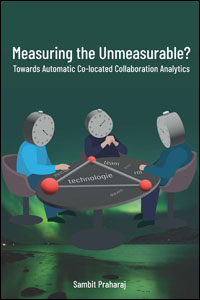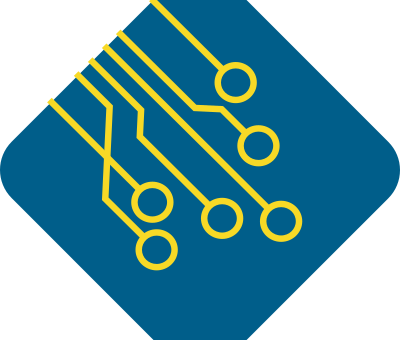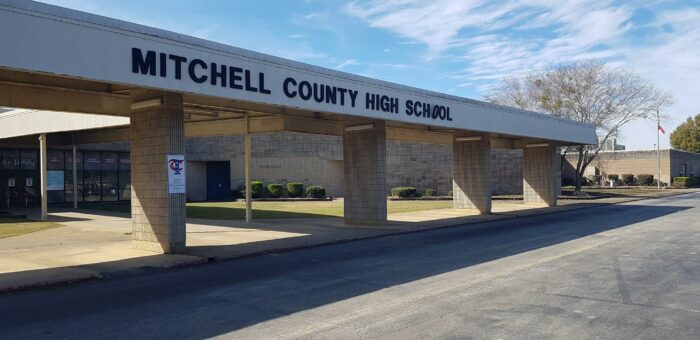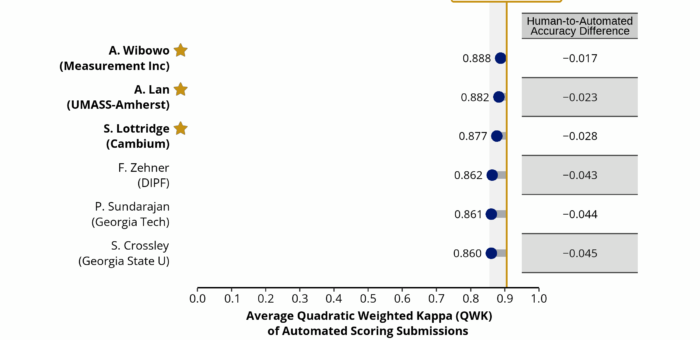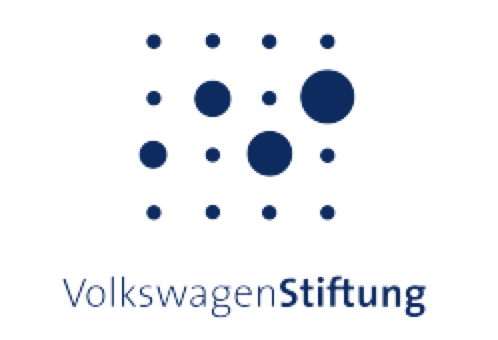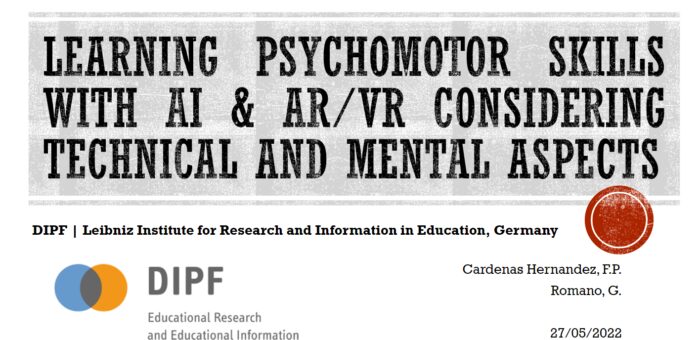
Workshop – Learning Psychomotor Skills with AI & AR/VR considering Technical and Mental Aspects
Artificial Intelligence, Augmented Reality, Event, Multimodal Learning Analytics, Project, Research topic, Summer School, Workshop
From May 21 to 28, the 16th version of the EATEL Summer School on Technology-Enhanced Learning (JTELSS 2022) was held in the city of Halkidiki, Greece, whose purpose is to promote the dissemination of research in the area of Technology Enhanced Learning and encourage international cooperation between researchers, students and people interested in this topic. As members of the MILKI-PSY project, Dr. Daniele Di Mitri, Fernando P. Cardenas Hernandez, Gianluca Romano and Dr. Jan Schneider attended JTELSS 2022. Additionally, Fernando P. Cardenas Hernandez and Gianluca Romano, as active participants in the summer school, presented the workshop entitled "Learning Psychomotor Skills with AI & AR/VR considering Technical and Mental Aspects". This workshop started with a theoretical introduction given by both exponents where the participants were able to identify some of the…


